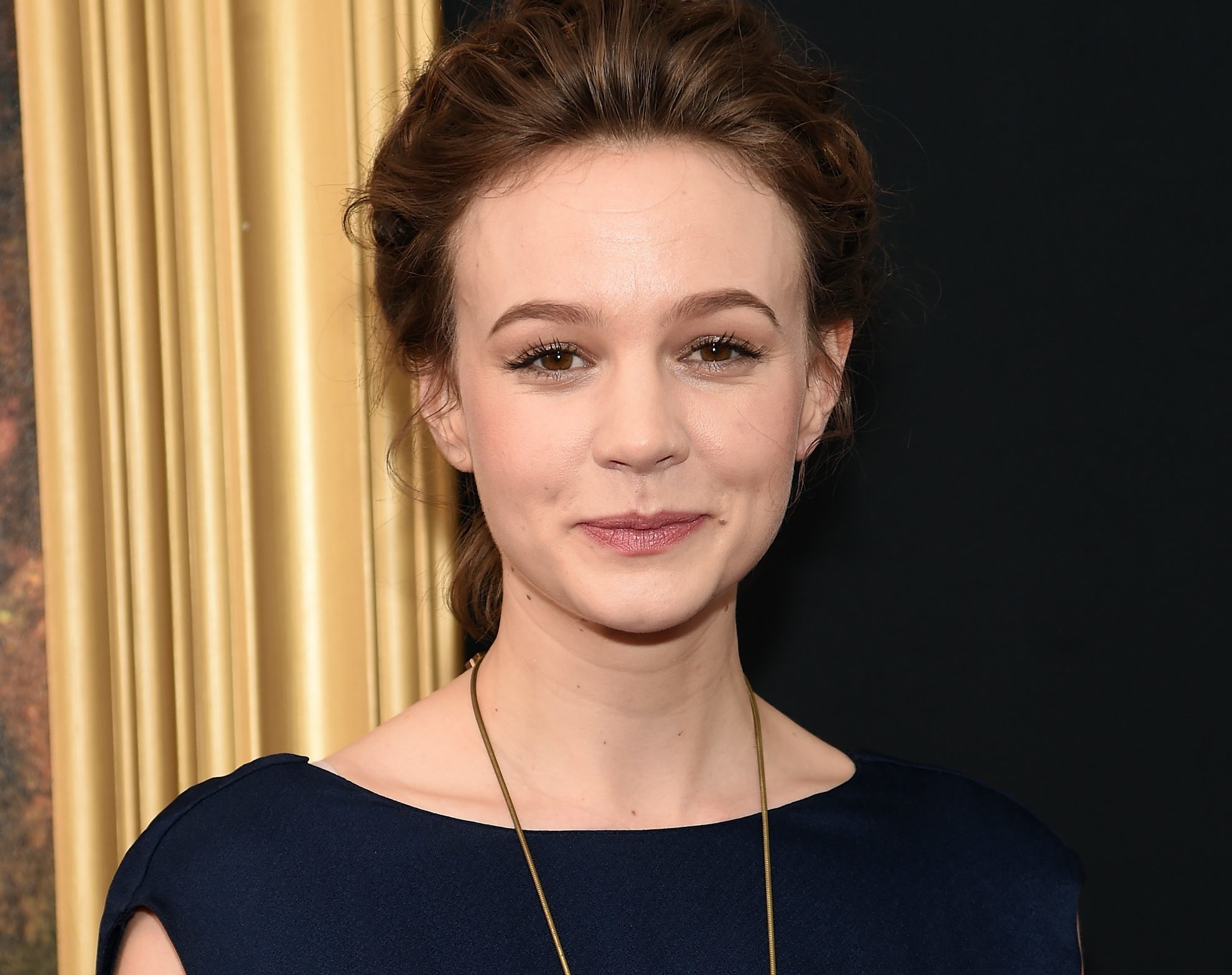
Dementia sufferers face a postcode lottery in the standard of care available to them, campaigners have warned.
The best and worst performing areas for dementia prevention and care in England have been revealed by the Department of Health’s new “Dementia Atlas”, which lays bare stark regional disparities in the quality of diagnosis and support on offer.
Health Secretary Jeremy Hunt said tackling the disease was a key Government priority and the release of the data is intended to drive improvements across the country.
“By publishing the current levels of care, we are shining a spotlight on areas where there is still work to be done, whilst highlighting where we can learn from best practice,” he said.
However campaigners said the map shows the standard of dementia care was “patchy at the least”.
Caroline Abrahams of Age UK, said the map illustrated how dementia sufferers faced an “unacceptable postcode lottery of care”.
“We must continue efforts to improve access and quality of care for the growing number of us living with dementia,” she told the Daily Mail.
“In some areas help is really good but elsewhere services are frankly not up to scratch, with only a few people receiving at least an annual review of their care following diagnosis.”
George McNamara of the Alzheimer’s Society said: “We need to build on this by adding more information regarding people with dementia’s experiences of health and care to maximise the impact of the atlas, enabling decision makers to address regional variation and promote good practice.”
The Dementia Atlas was launched as Mr Hunt and the Alzheimer’s Society appointed actress Carey Mulligan as the first UK Global Dementia Friends Ambassador.
Mulligan’s new role will see her draw attention to the importance of making communities dementia-friendly.
It is hoped she will renew focus on the Alzheimer’s Society’s Dementia Friends programme.
Volunteers who take part in the scheme are able to attend free sessions to learn how to spot the signs of dementia and offer support for those affected. They can also watch educational videos online.
The Oscar-nominated actress has long been a supporter of the Alzheimer’s Society charity. Her grandmother Margaret, known as “Nans”, was diagnosed with Alzheimer’s in 2004.
“My Nans has dementia and I have experienced first-hand how devastating it can be,” Mulligan said.
“It affects everyone differently, and it’s so important that everyone affected by the condition is treated with the respect and dignity that they deserve. At the moment, there’s not nearly enough awareness and as a global society we have a duty to change that.
“The first step involves educating people and breaking down stigma – not just on our doorstep, but across the world.
“I’ve seen my mum doing this in her role as a Dementia Friends champion – now I’m honoured to become the first Global Dementia Friends Ambassador and help Alzheimer’s Society and the Government change global attitudes towards dementia.”
Health Secretary Jeremy Hunt said: “We have made great strides in improving diagnosis rates, investing in research and creating the first dementia-friendly communities, but we still have much further to go to promise everyone that they will be able to live well with the condition.
“The impact of dementia tears at families and at our social fabric – that’s why making progress is a key Government priority. Carey Mulligan will be a great asset both in raising awareness and promoting the benefits of the Dementia Friends programme – at home and globally.”
Jeremy Hughes, chief executive of Alzheimer’s Society, said: “Dementia doesn’t stop at UK borders – it’s the biggest health crisis facing the world today.
“One of the biggest challenges in creating dementia-friendly communities is getting people to talk about dementia. Dementia Friends has proved to be a great springboard to inspire global dementia action. We are delighted that Alzheimer’s Society supporter Carey Mulligan will be leading the way in her role as Global Dementia Friends Ambassador.”
The Dementia Atlas can be viewed at shapeatlas.net/dementia
READ MORE
Memory Walks: Research is still the key to beating dementia
Memory Walks: Singing classes bring joy to people with dementia

Enjoy the convenience of having The Sunday Post delivered as a digital ePaper straight to your smartphone, tablet or computer.
Subscribe for only £5.49 a month and enjoy all the benefits of the printed paper as a digital replica.
Subscribe